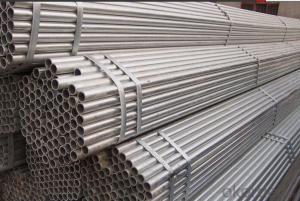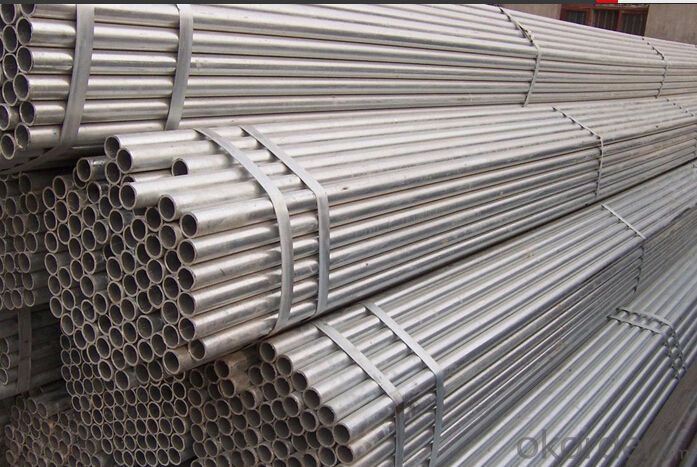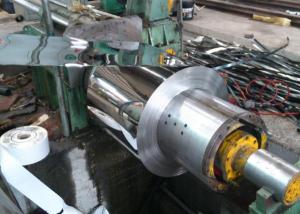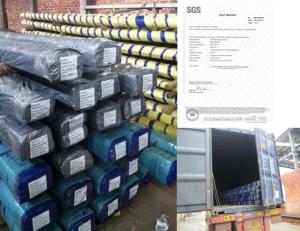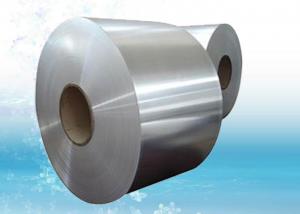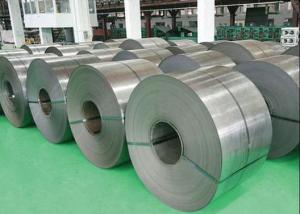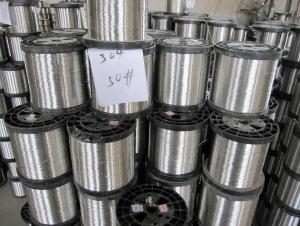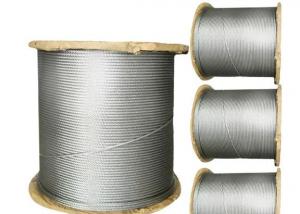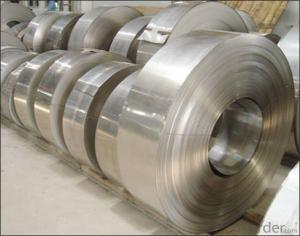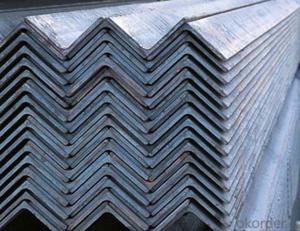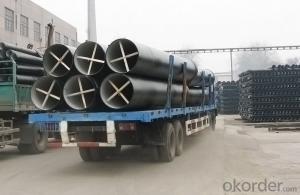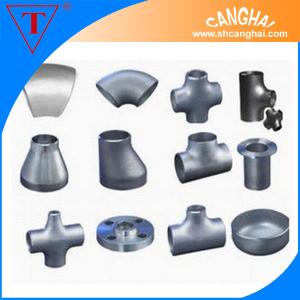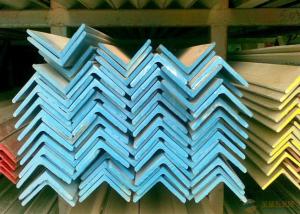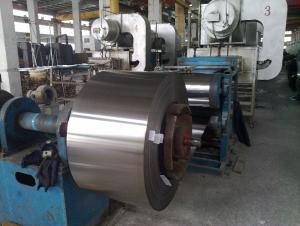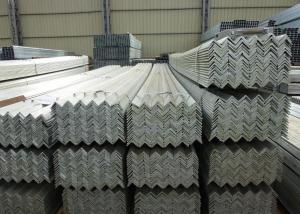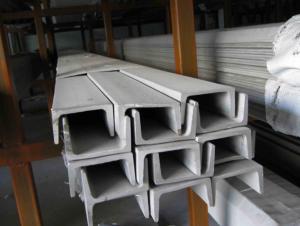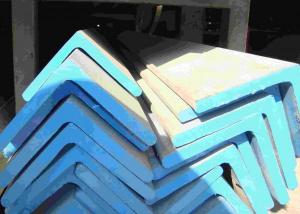PLANTE PIPE
- Loading Port:
- China Main Port
- Payment Terms:
- TT OR LC
- Min Order Qty:
- -
- Supply Capability:
- -
OKorder Service Pledge
OKorder Financial Service
You Might Also Like
ERW pipes are used in Water Pipelines, Agriculture and Irrigation (Water Mains, Sewerage Systems, Industrial Water Lines, Plant Piping, Deep Tube-Wells & Casing Pipes). Other popular application area includes usage in gas pipe lines (pipe lines for natural gas, LPG and other non-toxic gases). The SW is meant for shallow water applications This could be in a canal, natural stream, culvert, or pipe.
Steel Specification:
Thickness: 0.2-3.0mm
Width: 600-1500mm
Coating Mass: Z08,Z12,Z18,Z20,Z22,Z25,Z27,Z35
Z80,Z120,Z180,Z200,Z220,Z250,Z275
Tolerance for thickness,width,flatness and so on conform to the requirements of JIS G3302 or ASTM A653M/924M
Coil ID can be either 508mm or 610mm, maximum coil OD is 2000mm
The speicfication of ASTM Such as A653m,A924 M and so on have been updated to the latest revisions
Application:
BUILDING & CONSTRUCTION
Floor decks, ceilings, verandas, rolling doors, warehouse, partitions, sheds, gutters, wall, underground piping, sashes, beams, fences, scaffolding, indoor decorations, ducts, ventilating pipes, steel frames and cable trays.
ELECTRICAL APPLIANCES
Freezers, video recorder cases, motor cases, lighting fittings, water heaters, washing machines, refrigerators, stoves, air conditioners, dehumidifiers, fluorescent light housings, electrical heaters, toasters, microwave oven enclosures and switch boxes.
TRANSPORTATION
Containers, under body panels, bus & truck body panels, fuel tanks, noise screens, highway signs, air cleaners, conveyor systems and guard rails.
AGRICULTURAL EQUIPMENT
Barns, drying machines, animal houses, hoppers, irrigation systems, greenhouses, water tanks, sheds, silos, agricultural implements and feeders.
FURNITURE & OTHERS
Vending machines, drums, cans, pails, sauna inner parts, chimney pipes, entertainment machines, solar collectors, office equipment, steel furniture, tool boxes, garages and waste bins.
COMPUTER'S APPLIANCES
Computer shells and communication instruments。
Surface Treatment:
Chromating treatment or anti-finger print
Surface Finished:
REGULAR SPANGLE:
Regular spangle is also called normal spangle which is naturally formed without any additional treatment during galvanizing.
MINI SPANGLE:
The spangle is restrained and formed as mini spangle by reducing the lead content in the zinc liquid or by blowing the zinc powder from the equipment installed on the zinc pot.
EXTRA SMOOTH:
The mini spangle is further skin-passed to produce the extra smooth surface.
- Q: What are the weight characteristics of stainless steel balls?
- Factors such as size, material density, and manufacturing process have an impact on the weight characteristics of stainless steel balls. In comparison to other materials, stainless steel balls generally possess a higher density, which contributes to their weight. The weight of stainless steel balls can vary depending on their diameter, with larger balls typically weighing more than smaller ones. Additionally, the specific grade or type of stainless steel utilized in the manufacturing process can also affect the weight characteristics. It is worth noting that stainless steel balls come in a wide range of sizes and grades, each possessing its own unique weight characteristics. Manufacturers typically provide weight specifications for their stainless steel balls, allowing users to select the desired weight for their specific applications. In summary, stainless steel balls are renowned for their durability, resistance to corrosion, and high density. Consequently, they are well-suited for various industrial, engineering, and precision applications where weight is a significant consideration.
- Q: Can stainless steel pipes be used for food processing equipment?
- Yes, stainless steel pipes can be used for food processing equipment. Stainless steel is a preferred material for food processing due to its corrosion resistance, easy cleaning, and durability. It is also non-reactive, ensuring that it does not contaminate the food being processed.
- Q: How do stainless steel strips handle exposure to alkalis?
- Due to their strong resistance to alkalis, stainless steel strips are an ideal choice for applications that require exposure to such substances. The presence of chromium in stainless steel creates a protective layer on the surface, called a passive film, which acts as a barrier against corrosion and chemical attacks. This passive film effectively blocks alkalis from penetrating the steel, thereby safeguarding it against potential damage. Moreover, stainless steel's exceptional corrosion resistance and durability enable it to withstand prolonged exposure to alkalis without deterioration or loss of structural integrity. As a result, stainless steel strips are a dependable and enduring material for a wide range of industrial and commercial uses that involve alkalis.
- Q: What are the common uses of stainless steel wire in the textile industry?
- Due to its unique properties, stainless steel wire is widely used in the textile industry. One of its main applications is for reinforcement, providing strength and structure to textile products such as belts, ropes, and cables. Its high strength and durability make it ideal for heavy loads and tension. Another common use of stainless steel wire in textiles is for conducting electricity. It can be woven into fabrics or used in electrical cables to ensure conductivity. This is particularly important in environments where static electricity needs to be dissipated, such as clean rooms or manufacturing facilities. Furthermore, stainless steel wire is commonly used in the production of mesh screens and sieves for textile manufacturing processes. These screens help filter and separate materials during various stages of production, guaranteeing the quality and consistency of the final textile products. Moreover, stainless steel wire plays a crucial role in the construction of textile machinery and equipment. It is used in the manufacturing of components like looms, needles, and guides, which are essential for the production process. The corrosion resistance of stainless steel wire ensures the longevity and reliability of these machinery parts. In conclusion, stainless steel wire is utilized in the textile industry for reinforcement, electrical conductivity, filtration, and machinery construction. Its strength, durability, and corrosion resistance make it invaluable in various textile applications, enhancing the overall quality and performance of textile products.
- Q: What are the different sizes available for stainless steel sheets?
- Stainless steel sheets are available in various sizes, ranging from small sheets measuring a few inches in width and length, to larger sheets that can be several feet wide and long. The specific sizes available depend on the manufacturer and the intended use of the stainless steel sheets.
- Q: Can stainless steel bars be used in the telecommunications industry?
- Yes, stainless steel bars can be used in the telecommunications industry. Stainless steel is highly durable and resistant to corrosion, making it an ideal material for various applications in the telecommunications industry. Stainless steel bars can be used to construct antenna towers, support structures, and cable trays. They provide the necessary strength and stability to withstand harsh environmental conditions, such as high winds, extreme temperatures, and exposure to moisture. Additionally, stainless steel bars offer excellent electrical conductivity, which is crucial for transmitting signals effectively in the telecommunications sector. Overall, stainless steel bars are a reliable and efficient choice for use in the telecommunications industry.
- Q: Is stainless steel wire corrosion-resistant?
- Yes, stainless steel wire is corrosion-resistant.
- Q: Are stainless steel flats suitable for kitchen equipment?
- Yes, stainless steel flats are highly suitable for kitchen equipment. Stainless steel is a popular choice for kitchen appliances and utensils due to its many desirable properties. Firstly, stainless steel is highly resistant to corrosion, which is important in a kitchen environment where exposure to moisture and humidity is common. This resistance to corrosion ensures that the kitchen equipment remains durable and long-lasting. Additionally, stainless steel is easy to clean and maintain. It is non-porous, meaning it does not absorb stains or odors, making it ideal for food preparation and storage. Stainless steel also has a smooth surface, making it easy to wipe clean and preventing the growth of bacteria and germs. Moreover, stainless steel is a hygienic material as it does not react with acidic or alkaline foods, ensuring that the taste and quality of the food are not affected. It is also heat-resistant, making it suitable for cooking and baking purposes. Stainless steel flats are commonly used for various kitchen equipment such as countertops, sinks, appliances, and utensils due to their durability and aesthetic appeal. In conclusion, stainless steel flats are highly suitable for kitchen equipment. Their resistance to corrosion, ease of cleaning, hygienic properties, and heat resistance make them an excellent choice for any kitchen setting.
- Q: Are stainless steel strips suitable for appliance handles?
- Yes, stainless steel strips are highly suitable for appliance handles. Stainless steel is known for its durability, corrosion resistance, and sleek appearance, making it an ideal material for handles that are regularly used and exposed to moisture. Moreover, stainless steel can easily be cleaned and maintained, ensuring the longevity and cleanliness of the appliance handles.
- Q: Are stainless steel pipes resistant to caustic environments?
- Yes, stainless steel pipes are generally resistant to caustic environments.
Send your message to us
PLANTE PIPE
- Loading Port:
- China Main Port
- Payment Terms:
- TT OR LC
- Min Order Qty:
- -
- Supply Capability:
- -
OKorder Service Pledge
OKorder Financial Service
Similar products
Hot products
Hot Searches
Related keywords
